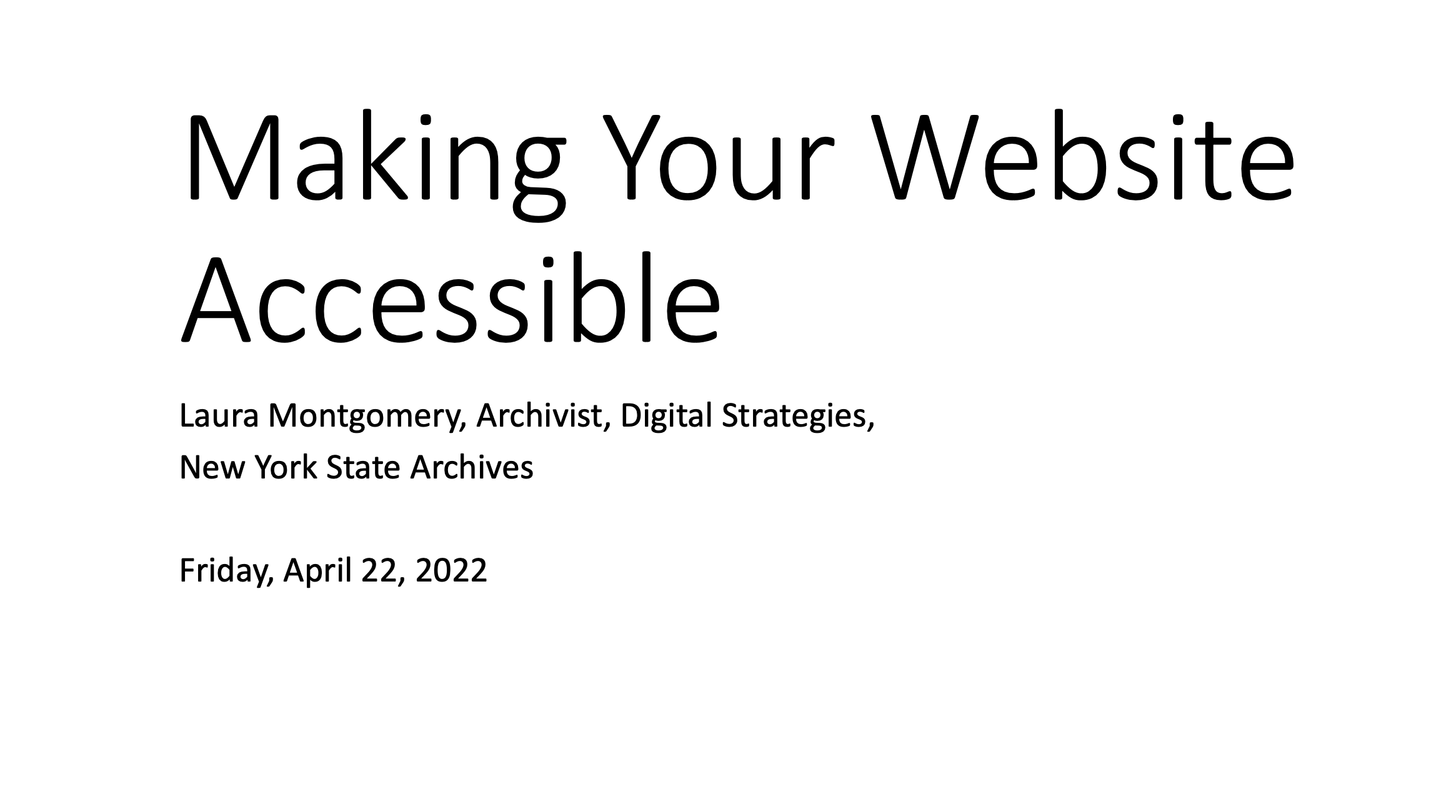How accessible is your institution’s website? Removing barriers to people with physical and situational limitations can help make your institutional website open to a large variety of users, researchers, and potential visitors. In our most recent live webinar recording, presenter Laura Montgomery, Digital Strategies Archivist at the New York State Archives guided participants through analyzing their institution’s website for accessibility and taking concrete steps to become more accessible.
…Blog
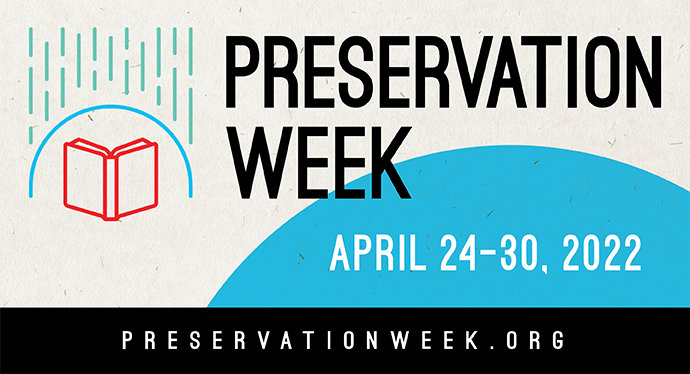
Preservation Week, April 24 – 30, 2022, promotes the role of cultural institutions in preserving personal and public collections and treasures. This year, the theme of Preservation Week is “Preservation in the Face of Climate Change,” which highlights the effects climate change has on our shared cultural heritage and celebrates the concept of climate resiliency.
With this in mind, we wanted to take a moment to remember that climate change …

Join us on Tuesday, June 14 - Friday, July 15 for our next online course: Essential Policies & Procedures for Collecting Organizations. An institution’s collections care practices are defined by its written policies and procedures. Institutional memory is often lost through staff changes, but best practices are encoded in these important documents.
This month-long online course will provide an overview of policy and planning documents that are essential for collections care, such as collections management policies, handling…
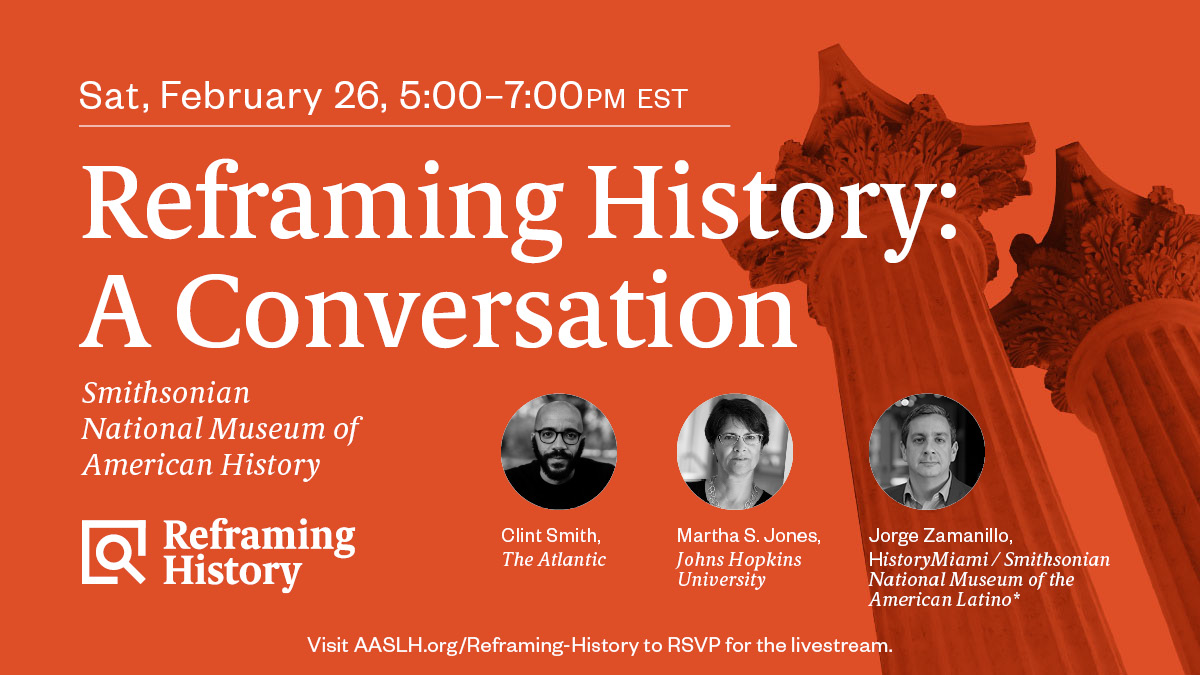
In February 2022, the American Association for State and Local History introduced Reframing History, a new set of strategies for more effectively communicating about history. The resources from this project — including a report, toolkit, trainings, and a podcast — are designed to inspire more productive conversations around historical events and collections. Specifically, “one that builds understanding of what inclusive history looks like — especially the histories of Black, Indigenous, and people of color (BIPOC) and other historically oppressed groups —…
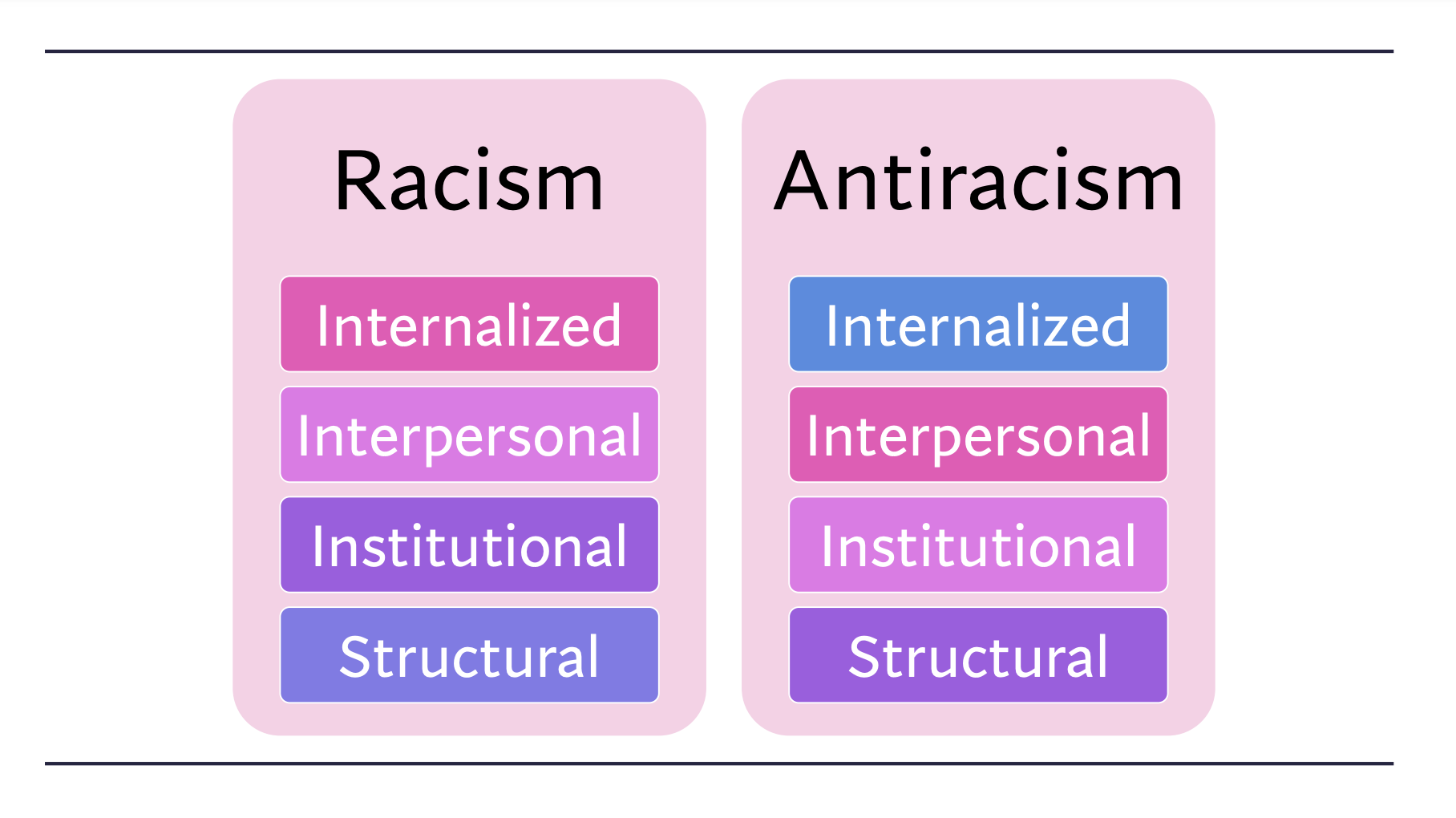
Our most recent webinar presentation covered very basics of what anti-racism is, how we talk about it, its history, and how we can use the principles of anti-racism to create more robust and engaging organizations. The panelists for this program included Aria Camaione-Lind, Amanda Smith, and Ashley Gantt from Aria Strategies LLC. This webinar is a part of an ongoing collaboration with the Aria Strategies team, with our next program coming up in May. Keep an eye on dhpsny.org/education for future program announcements.
…
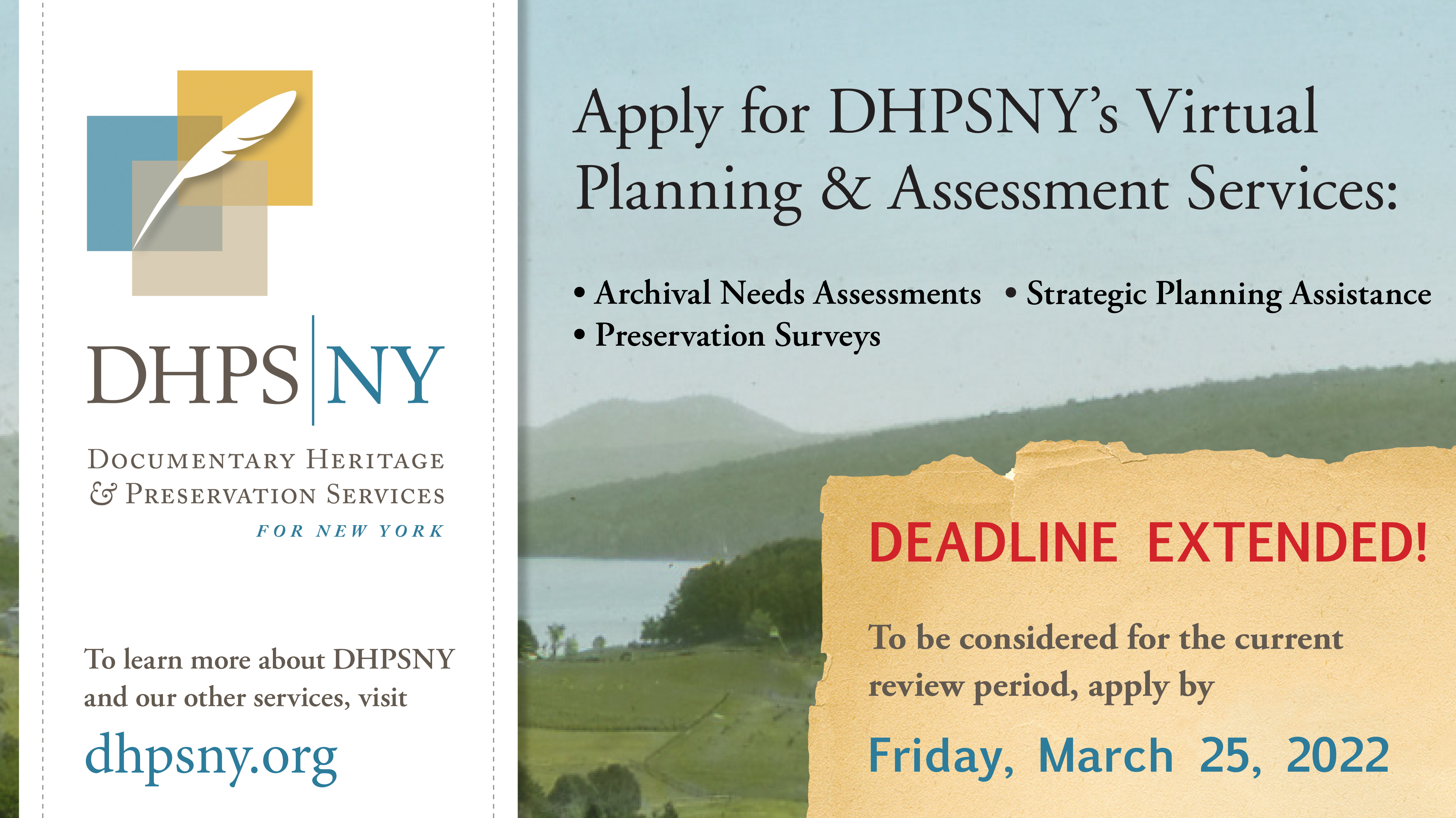
If you’re getting a little jealous reading about our different services and want your turn, you’re in luck! The deadline to apply for our Spring 2022 Planning & Assessment Services Round has been extended, and we will now be accepting applications until midnight EST on Friday, March 25.
Start an Application Today — There's Still Time!
To help you get started, you can explore our website to learn more about Archival Needs Assessments, …
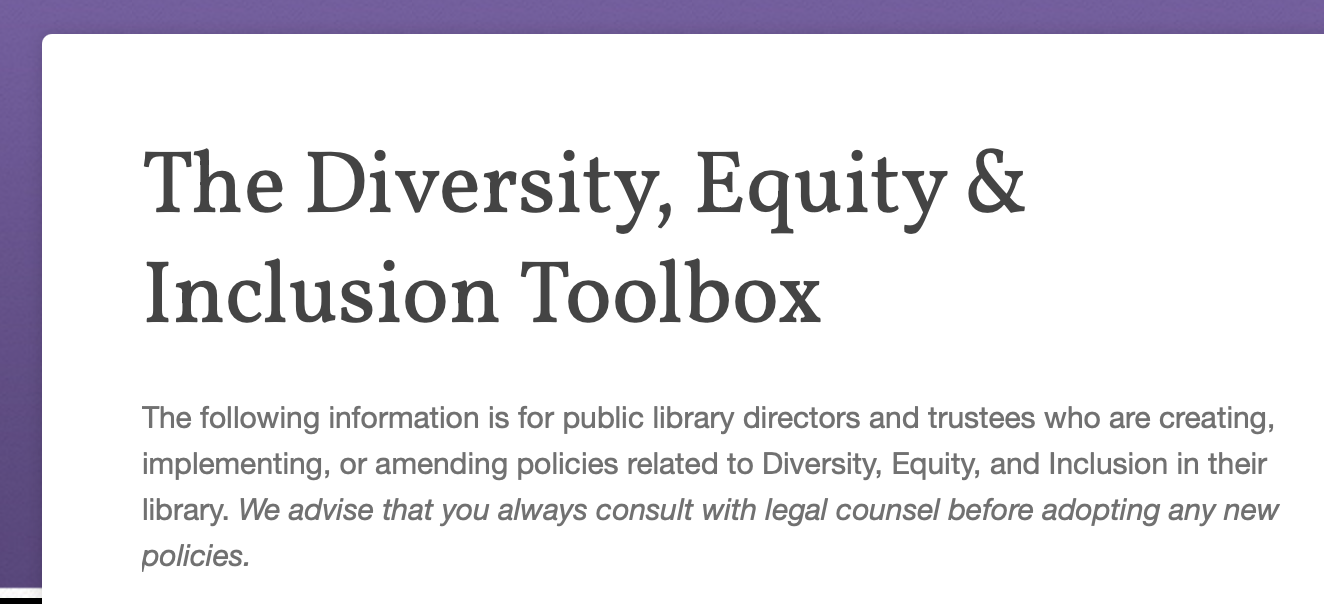
This blog has previously discussed antiracism and equity work within developing cultural heritage collections, in the specific field of conservation, and in workplaces more generally. In this post, we want to highlight one regional initiative that is promoting antiracism work directly by and for libraries. The Diversity in Libraries Cross County Committee of Nassau and Suffolk County was formed in 2020 “to address the issue of Diversity, Equity, and Inclusion in Libraries.” With the goal to “educate, engage, and create policies and…
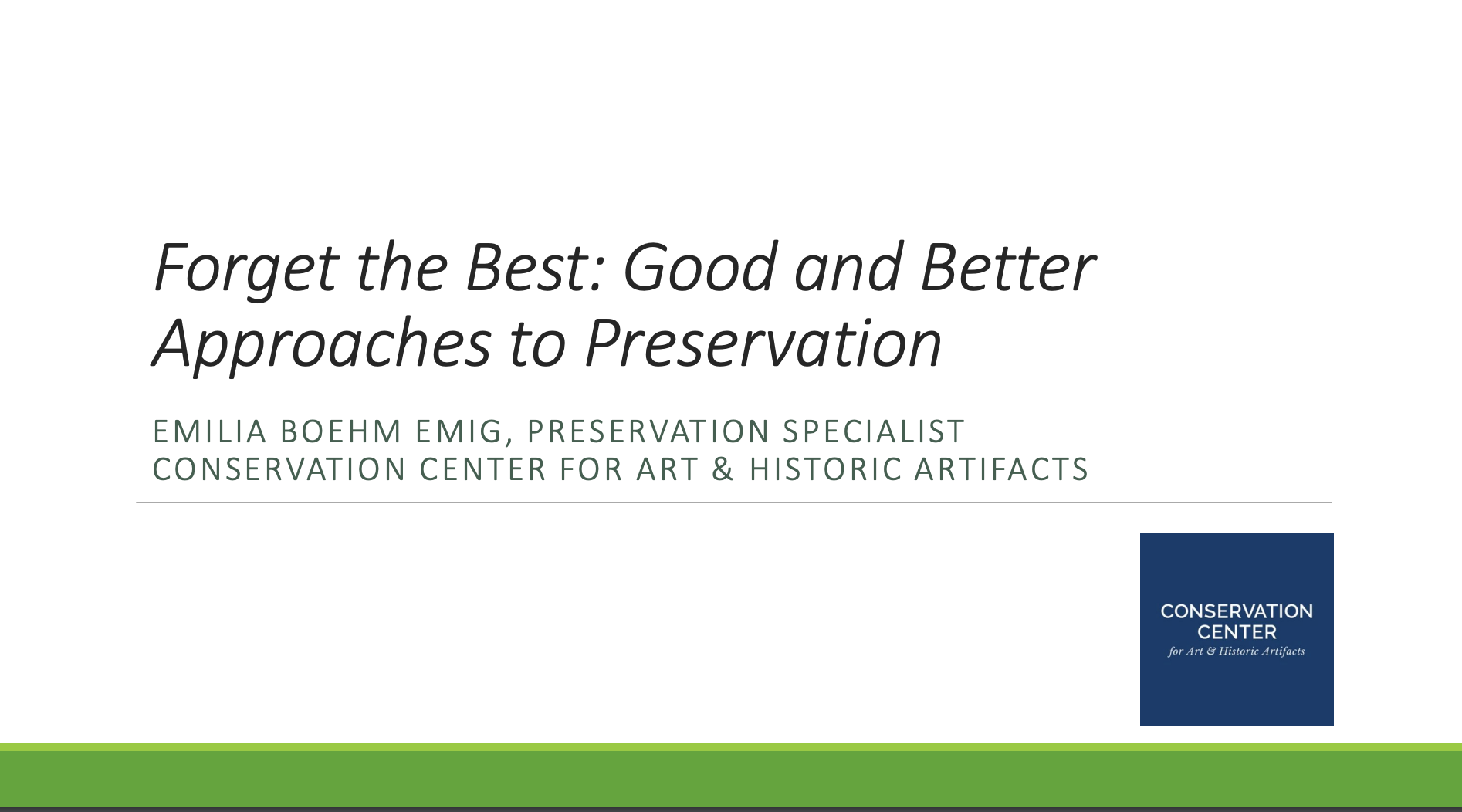
While having a top-tier collections care program that adheres to best practices might be seen as a goal for your institution, the reality is that there are often barriers related to time, money, and staffing that prevent us from working to achieve the “best.” In our most recent webinar presentation, Emilia Boehm Emig, Preservation Specialist at the Conservation Center for Art & Historic Artifacts, explored instances in which it is perfectly appropriate for institutions to forgo the “best” in favor of “good” and “better” approaches to preservation that help them make incremental steps…
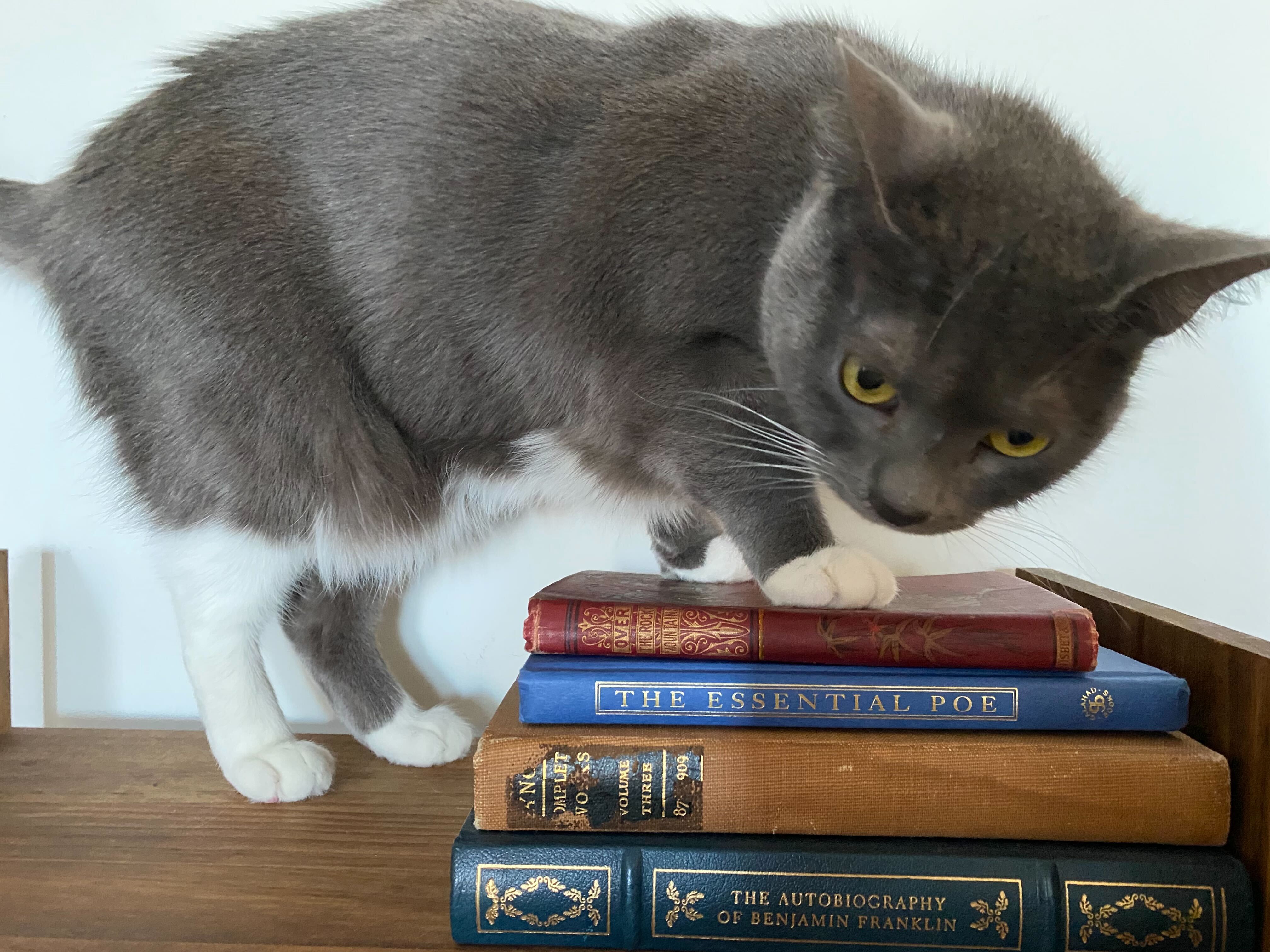
Conducted virtually, DHPSNY Planning & Assessment Services are tailored to your organization’s unique circumstances. Each service aims to improve adherence to preservation best practices and can be utilized to obtain additional funding, increase the accessibility and use of your collections, and more.
Application materials for the following services must be received by Friday, March 18, 2022, to be considered for the spring 2022 application review period:
- Archival Needs Assessments:…
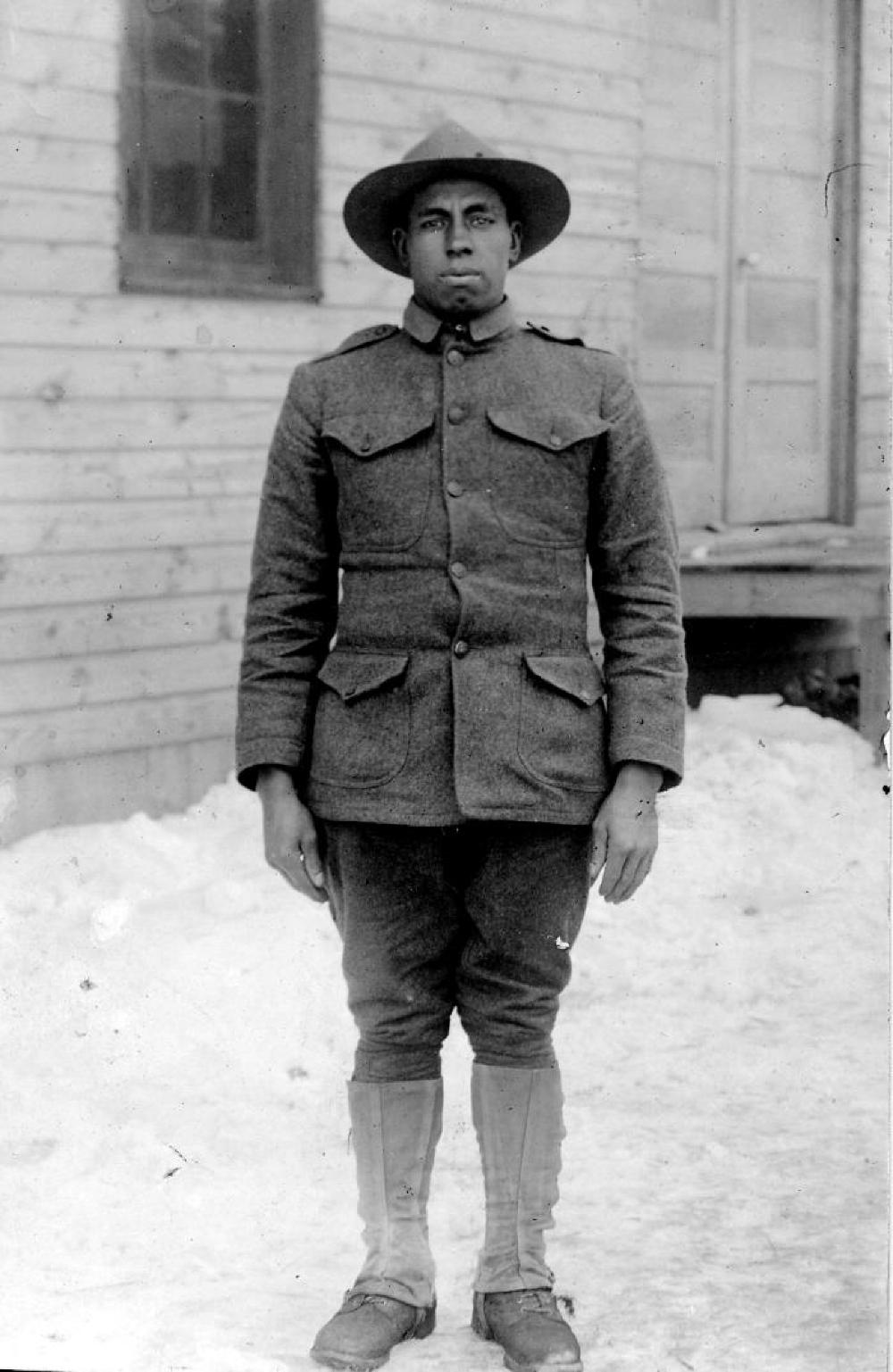
To celebrate Black History Month, we want to highlight some specific resources and events that are happening around New York State. While we believe in centering and promoting Black history throughout the year, this is a great time to get more familiar with historic collections, organizations, and new discoveries that feature the essential role of African Americans in American history.
First, we’re amplifying some educational resources created by the Archives Partnership Trust with the New York State Archives…
Pagination
- Previous page
- Page 14
- Next page
